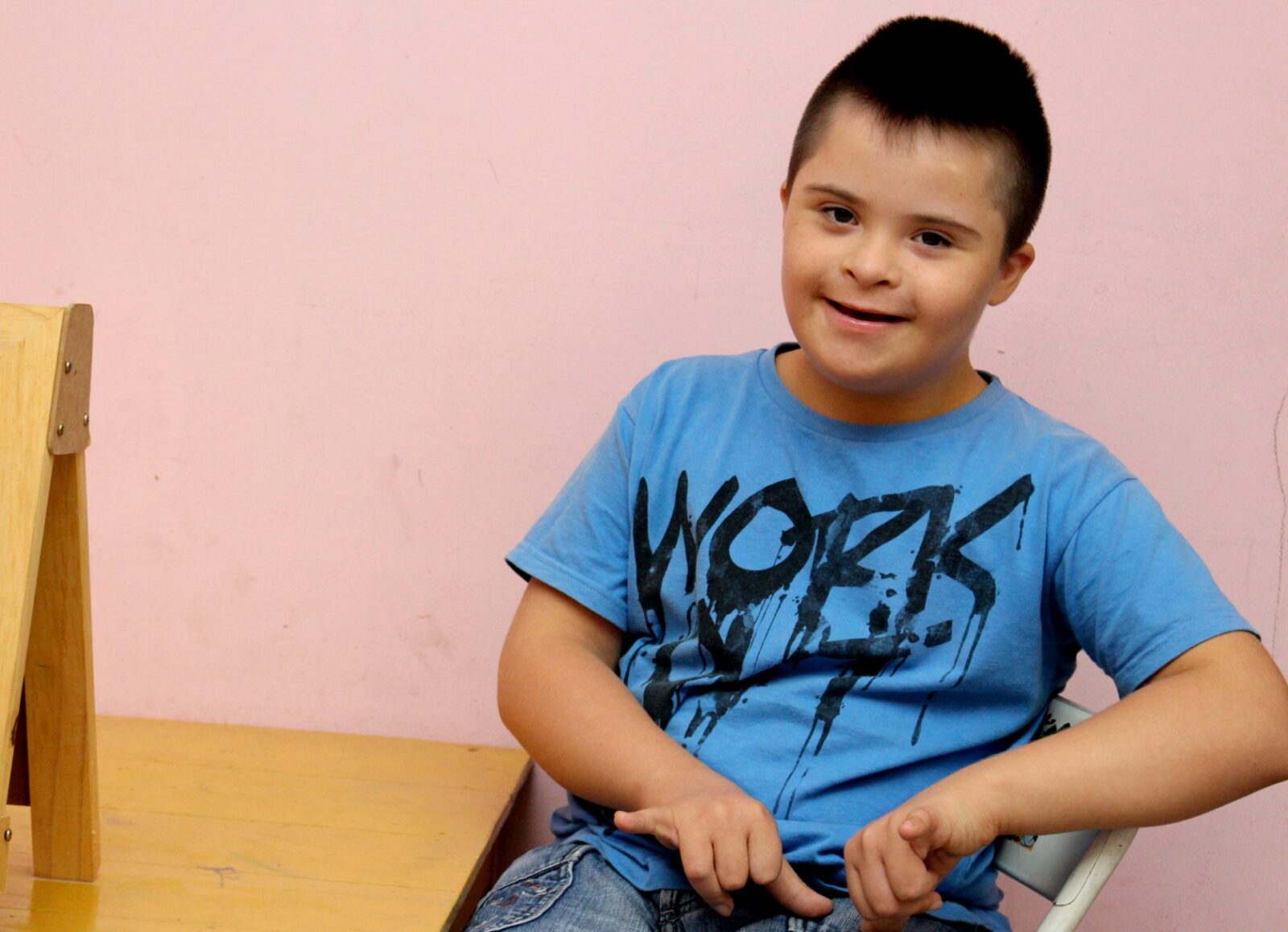How to Identify a Good Therapist in Uganda

Finding a good therapist in Uganda whether you’re seeking mental health support, speech therapy, occupational therapy, or physical rehabilitation can be challenging due to the limited number of specialists and varying levels of training. However, there are key factors and steps you can follow to identify a qualified, trustworthy, and effective therapist for yourself or a loved one.
How to Identify a Good Therapist in Uganda
1. Check Qualifications and Certification
-
Look for therapists who are formally trained and licensed in their specific field (e.g., clinical psychology, speech-language pathology, physiotherapy).
-
In Uganda, reputable therapists often have degrees from recognized universities and may be registered with professional bodies like:
-
Uganda Allied Health Professionals Council (AHPC)
-
Uganda Medical and Dental Practitioners Council (UMDPC)
-
National Council for Higher Education (NCHE)-accredited institutions
-
Red flag: Anyone offering therapy services without disclosing qualifications or official registration.
2. Experience and Specialization
-
Choose a therapist who has experience working with your specific issue, such as:
-
Speech delays in children
-
Post-stroke rehabilitation
-
Autism spectrum disorder
-
Anxiety, trauma, or depression
-
-
Ask how long they’ve been practicing and what kinds of clients they typically work with.
Tip: Therapists like Dr. Joy at Therapy House Uganda have specialized expertise and proven track records in both pediatric and adult therapy.
3. Reputation and Recommendations
-
Ask for referrals from hospitals, trusted doctors, teachers, or other parents/caregivers.
-
Check if the therapist is affiliated with reputable hospitals or therapy centers, such as:
-
Nakasero Hospital
-
Therapy House Uganda
-
International Hospital Kampala (IHK)
-
-
Look for online reviews or testimonials where available (Facebook pages, Google reviews, etc.).
4. Communication and Trust
A good therapist:
-
Listens without judgment
-
Explains treatment plans clearly
-
Involves the patient or caregiver in goal-setting
-
Encourages progress at a comfortable pace
In your first session, notice how the therapist interacts. Do they make you feel safe, understood, and respected?
5. Structured Treatment Plans
-
Ask if they provide personalized therapy plans with measurable goals.
-
Good therapists track progress and adjust their approach as needed.
-
For speech or developmental therapy, they may offer home exercises or parent training.
6. Transparency in Fees and Scheduling
-
Ethical therapists are upfront about session costs, number of sessions needed, and cancellation policies.
-
Look for clinics that offer receipts and proper documentation.
7. Continued Learning and Ethics
-
A good therapist stays up-to-date through workshops, professional development, or attending conferences.
-
They follow ethical practices, including confidentiality and referring clients to other specialists when needed.
Recommended Places to Find Good Therapists in Uganda
-
Therapy House Uganda – Specializes in speech, occupational, and physical therapy.
-
Nakasero Hospital – Offers private consultations with trained therapists.
-
Mulago Hospital Rehabilitation Unit – Public hospital with a rehabilitation department.
-
Makerere University Psychology Clinic – Affordable therapy provided by supervised interns and professionals.
-
Private Clinics – Like Brain Center Uganda, Serene Haven, or Peace Centre Uganda.
Final Tip:
Start with a consultation. A single session can reveal a lot about whether the therapist is a good fit.














